Best Timing for Stucco Service
Understanding the optimal timing for stucco service ensures proper application, curing, and longevity of the finish. Weather conditions, temperature, and humidity levels play critical roles in achieving high-quality results.
Spring offers moderate temperatures and lower humidity, making it ideal for stucco work. It allows sufficient curing time before summer heat.
Summer can be suitable if temperatures are not excessively high. Proper shading and watering are necessary to prevent cracking.
Fall provides cooler temperatures and less humidity, which supports proper curing. It is a popular season for stucco projects.
Winter is generally not recommended due to cold temperatures and potential for freezing, which can compromise the stucco's integrity.
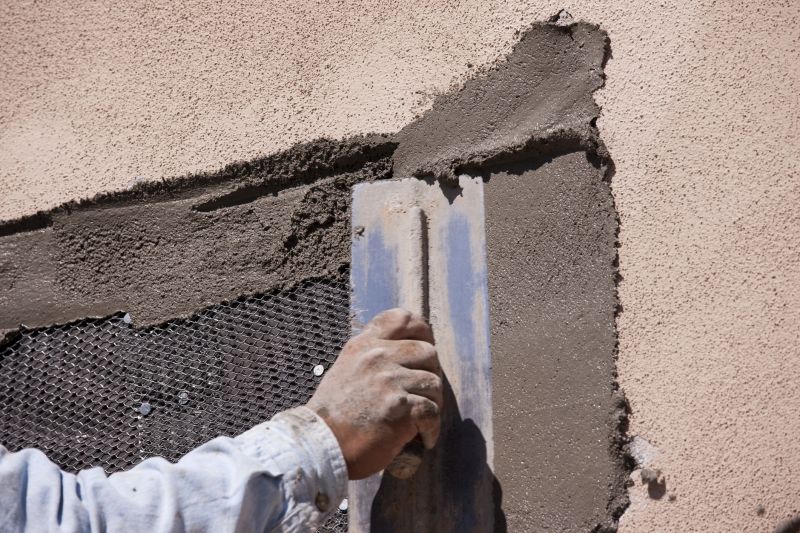
Spring is optimal for applying stucco due to favorable weather conditions.
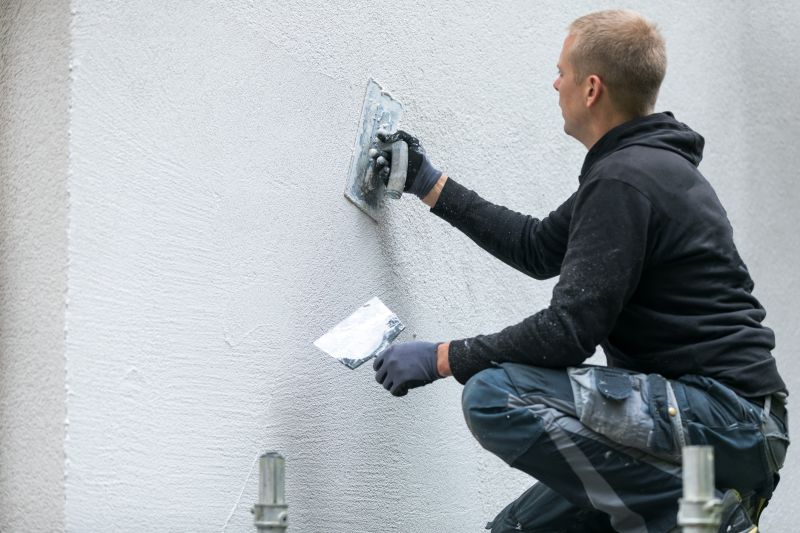
Summer requires careful planning to avoid heat-related issues during stucco curing.
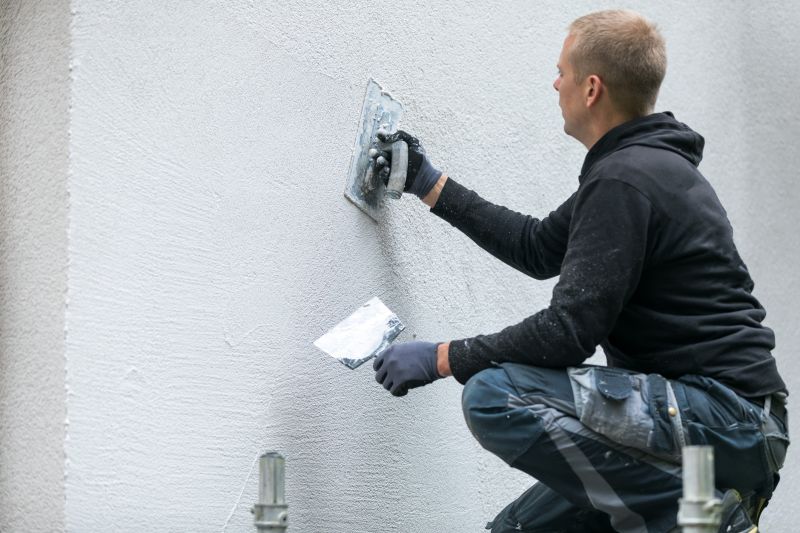
Fall offers ideal conditions for stucco application and finishing.
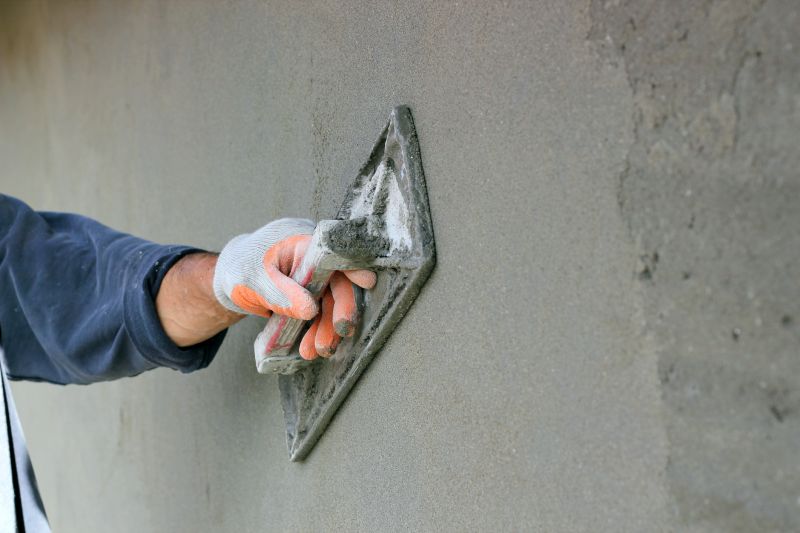
Ways to make Stucco Service work in tight or awkward layouts.
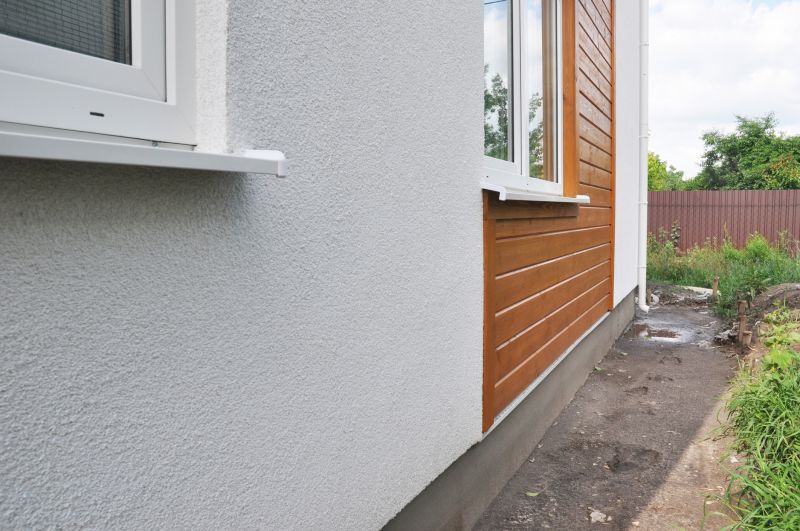
Popular materials for Stucco Service and why they hold up over time.
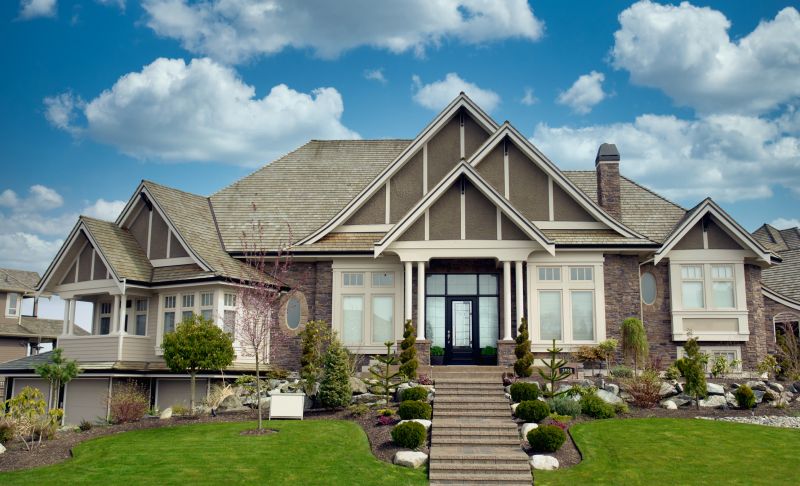
Simple add-ons that improve Stucco Service without blowing the budget.
| Season | Recommended For |
|---|---|
| Spring | Moderate temperatures and low humidity |
| Summer | If weather is controlled and shaded |
| Fall | Cooler temperatures and low humidity |
| Winter | Generally not recommended due to cold |
Stucco service involves the application of a durable exterior coating that enhances the aesthetic appeal and protects building surfaces. Proper timing ensures optimal curing, reduces the risk of cracking, and prolongs the lifespan of the finish. Weather conditions such as temperature, humidity, and precipitation significantly influence the quality of stucco application. Typically, the best times are during mild weather seasons—spring and fall—when conditions support proper curing and adhesion.
Statistics indicate that projects completed during suitable weather conditions experience fewer issues related to cracking and moisture infiltration. Proper planning around seasonal weather patterns can lead to longer-lasting results and reduced maintenance costs. For example, applying stucco in temperatures between 50 and 85 degrees Fahrenheit with low humidity enhances curing and adhesion, leading to a more uniform finish.
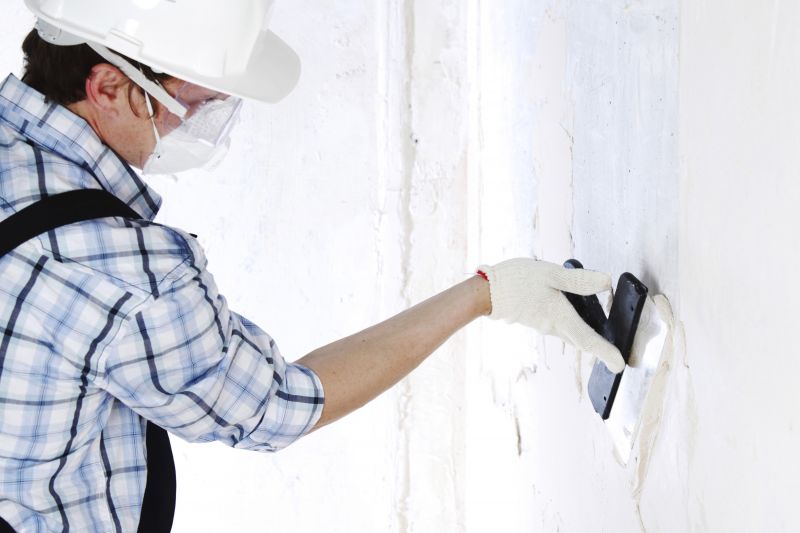
Spring provides ideal conditions for durable stucco application.
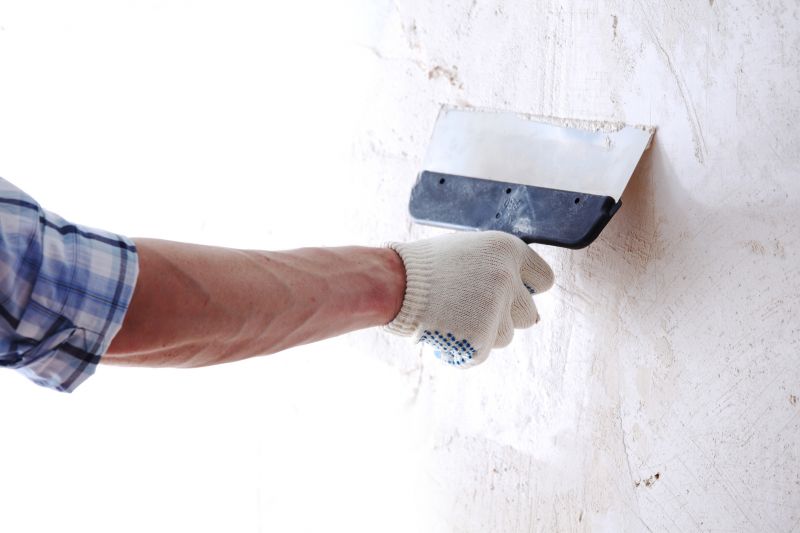
Fall offers cooler weather conducive to proper curing.
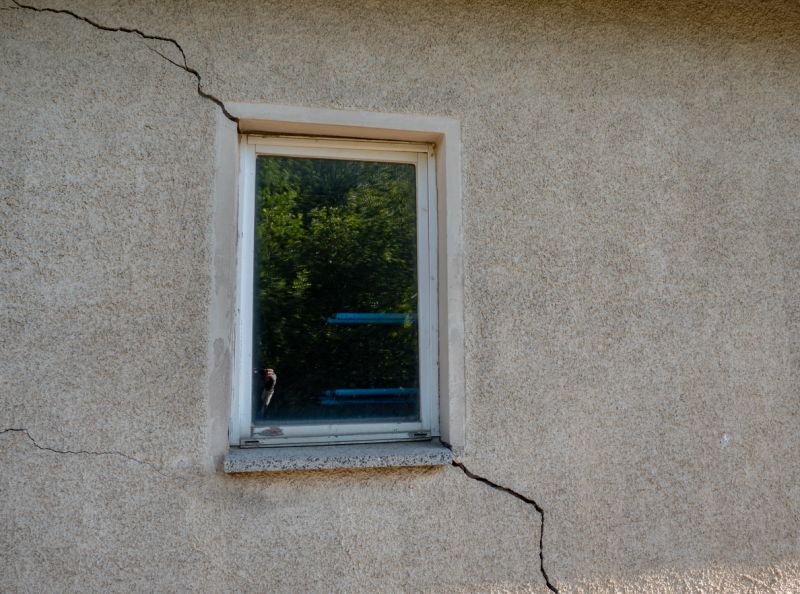
Summer requires precautions to prevent cracking from heat.
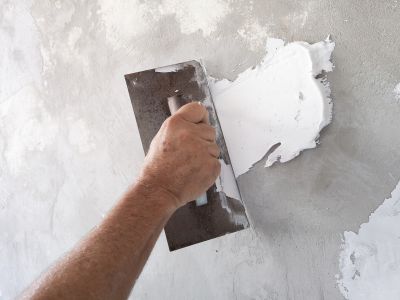
Cold weather can hinder proper curing and adhesion.
Interested in scheduling a stucco service? Filling out the contact form can help determine the best timing for a specific project. Proper timing ensures quality, durability, and a professional finish that enhances the property's exterior appearance.
